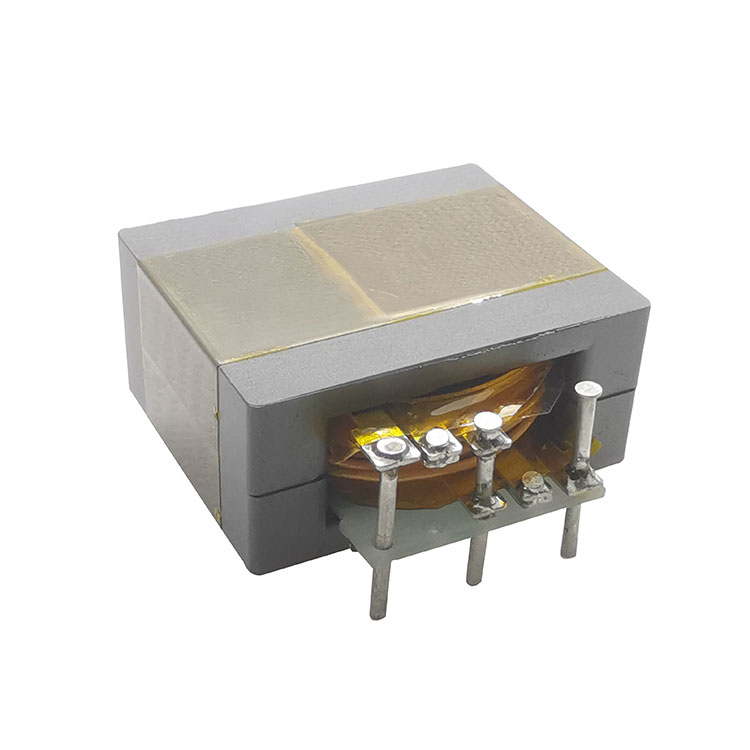Why Is the Electric Vehicle Charging Transformer Essential for EV Infrastructure?
2025-07-07
Introduction:
As electric vehicles (EVs) continue to revolutionize transportation, supporting infrastructure is under the spotlight. But have you ever wondered what makes efficient and safe charging possible? One critical component is the Electric Vehicle Charging Transformer.

Main Body:
1. What Does an Electric Vehicle Charging Transformer Do?
An Electric Vehicle Charging Transformer converts high-voltage electricity from the grid to a lower, usable voltage suitable for EV charging stations. It ensures a stable, safe, and efficient power supply for charging all types of electric vehicles.
2. How Does It Impact Charging Efficiency and Safety?
The Electric Vehicle Charging Transformer:
Regulates voltage to protect EV batteries
Minimizes energy loss during conversion
Provides insulation and protection from power surges
A high-performance transformer reduces charging time and enhances safety for both vehicles and users.
3. What Types of Transformers Are Used in EV Charging?
There are several types:
Dry-type transformers
Oil-immersed transformers
Pad-mounted transformers for outdoor use
Each Electric Vehicle Charging Transformer type is chosen based on location, charging capacity, and environmental conditions.
4. Where Are These Transformers Typically Installed?
You’ll find the Electric Vehicle Charging Transformer in:
Public fast-charging stations
Commercial parking lots
Highway service areas
EV fleet depots
They serve as the backbone of any large-scale EV charging network.
Conclusion:
Without the Electric Vehicle Charging Transformer, the EV charging ecosystem wouldn’t be possible. It’s the silent powerhouse enabling clean, fast, and scalable charging across cities and highways.